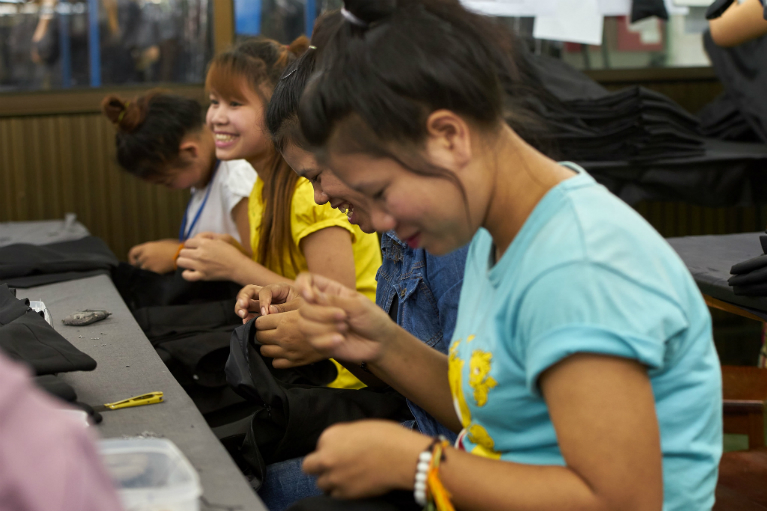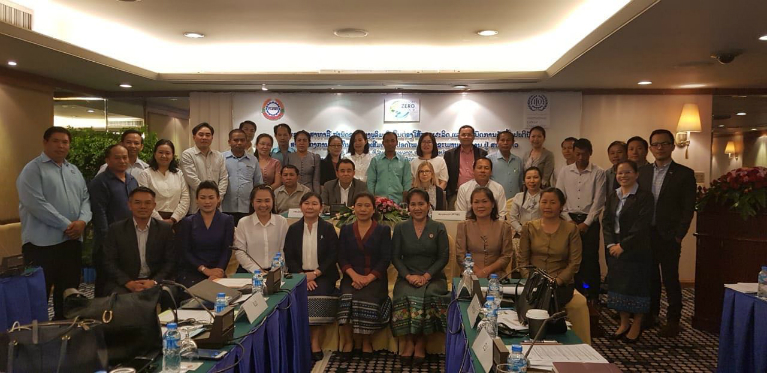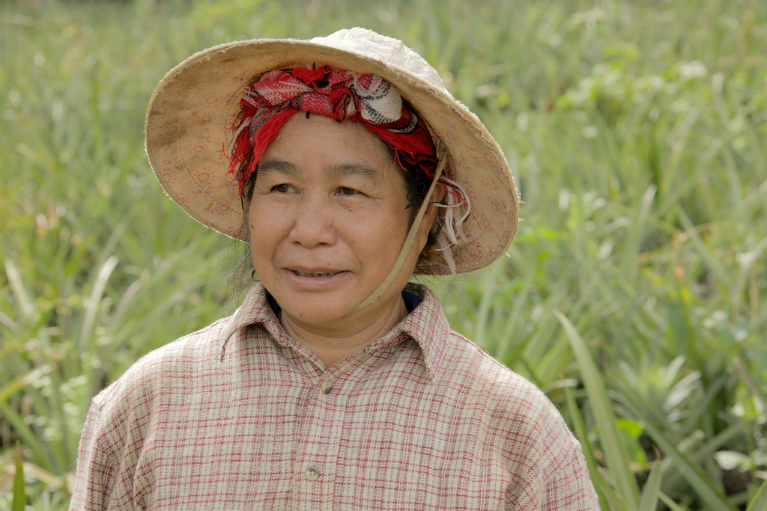VZF holds successful stakeholder event to validate supply chains in Lao PDR
The Vision Zero Fund (VZF) held an event in Vientiane to introduce the Fund to stakeholders and validate the supply chains of focus

The event, which took place on 28 August 2018, attracted more than 50 representatives from the government, employers’ and workers’ associations, NGOs, and the donor community. It was chaired by the Director General of the Labour Management Department of the Ministry of Labour and Social Welfare (MoLSW), Lao PDR, Mr. Phongsaysack Inthalath.
In addition to introducing the audience to the objectives and methodology of the VZF, an important aim of the event was to receive input on the validation of the two supply chains identified for intervention. The methodology adopted by the VZF (see “Occupational Safety and Health in Global Value Chains Starterkit”, ILO, 2018) is based on the assumption that each value chain is unique, and requires tailor-made interventions in order to reduce occupational accidents and diseases and improve workers’ wellbeing. The first step of the methodology involves the selection of the value chains of focus, based on a number of criteria, including market position, employment and working conditions - in particular Occupational Safety and Health (OSH) - sector organization and regulation, and environmental and social dimensions. The information is collected through a comprehensive and thorough desk review as well as consultations with relevant stakeholders. The assessment methodology uses a scoring matrix to rank the value chains. In manufacturing, the garment and textile value chain was selected, and in agriculture, three commodities were evaluated, namely coffee, bananas and sugar cane. In terms of the scoring methodology, coffee was ranked first, banana second, and sugar cane third. During consultations preceding the event, stakeholders also suggested that the rubber sector be included for consideration and discussion.


As a follow up to the discussions, the project team will engage in a more detailed mapping of the validated supply chains, to be followed by an assessment of the drivers and constraints for OSH improvement in those chains. All these steps will be conducted in a participatory fashion, involving all relevant stakeholders, and it is anticipated that this first phase of the project will be concluded in November 2018. The second phase of the project (December 2018 to May 2020) will then be devoted to the implementation of the intervention models.